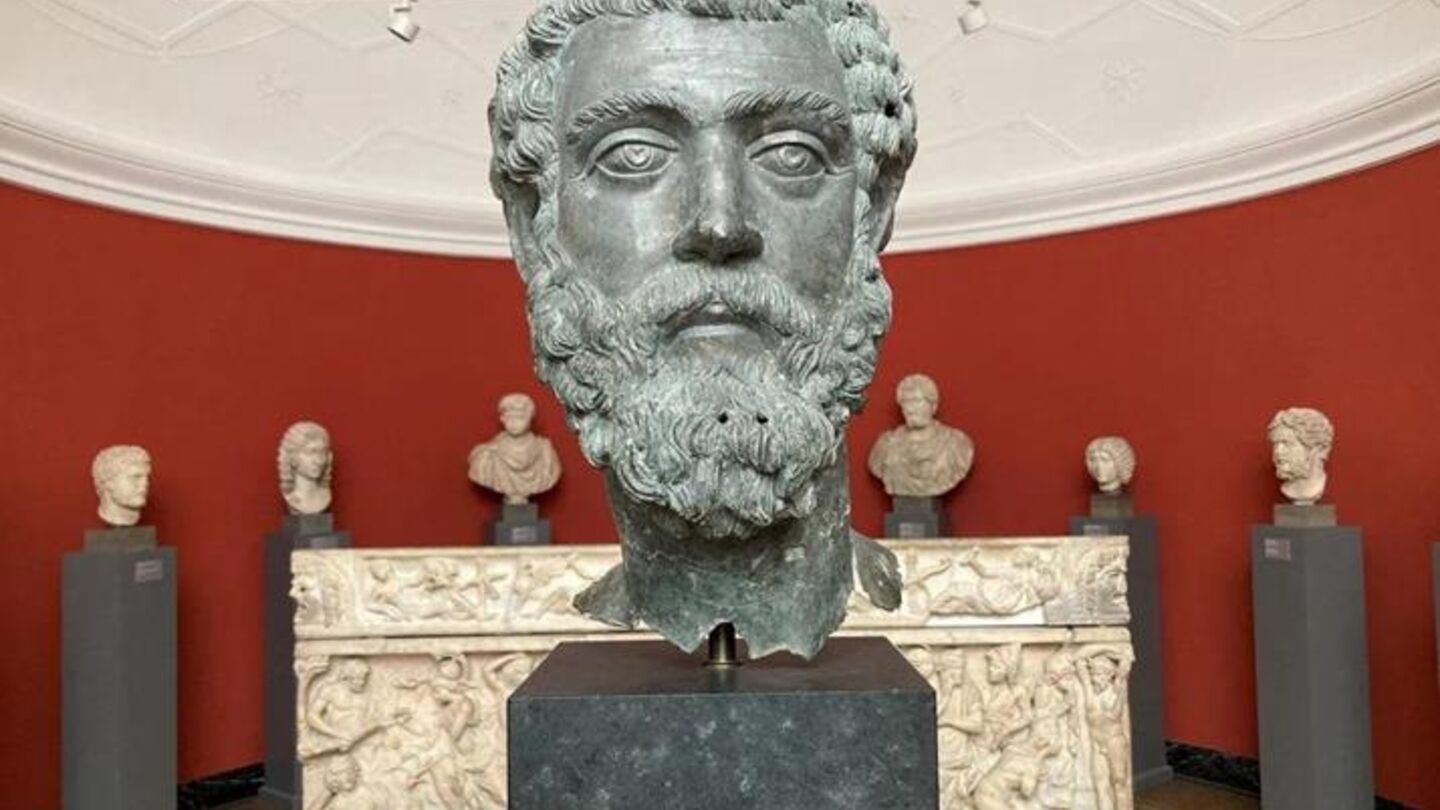
The bronze head of the Roman emperor returned by Denmark begins to be exhibited in Antalya Museum
The bronze head of Septimius Severus, the first Roman emperor of African descent, has been returned from Denmark to Turkey. This remarkable artifact will be displayed at the Antalya Museum.
The repatriation of the bronze head is a significant milestone in Turkey’s recent efforts to reclaim historical treasures that have been looted abroad. In her article, Nazlan Ertan highlights the importance of this achievement.
For over half a century, the bronze head of the emperor was housed at the Ny Carlsberg Glyptotek in Copenhagen, a museum renowned for showcasing Rodin’s “The Thinker.” The artifact was looted from the ancient Lycian city of Boubon (modern-day Burdur, southwestern Turkey) in the 1960s and was controversially purchased by the Glyptotek from antique dealer Robert Hecht in 1970. Meanwhile, the headless bronze body of the emperor deteriorated in a private collection in the United States before its return to Turkey in 2023.
In May 2023, Ankara officially requested the return of the head. After a year of research, the Glyptotek agreed to the repatriation. Museum director Gertrud Hvidberg-Hansen stated, “Extraordinarily strong arguments and scientific documentation are required to separate an item from the museum’s collection. In this case, both criteria were met.”
Before the separation of Severus and a collection of 48 terracotta artifacts dating back to the 6th century BC, the museum hosted a farewell exhibition titled “An Emperor Returns,” giving Danes a final opportunity to view the imperial guest.
During the farewell ceremony, Turkey’s Ambassador to Copenhagen, Hakan Tekin, remarked, “This is a win-win outcome for both sides.”
Severus is just one of many artifacts making their way home as Turkey intensifies its efforts to recover looted treasures. In 2011, the upper half of the marble statue “Tired Heracles,” depicting the hero at rest, was returned to the Antalya Museum after a 30-year legal battle with the Boston Museum of Fine Arts. In 2022, a life-sized bronze statue of Emperor Lucius Verus joined Heracles in the same museum.
Septimius Severus: The First Roman Emperor of African Descent
Septimius Severus (145-211) was the emperor of the Roman Empire from 193 to 211 and is known as the first Roman emperor of African descent. His reign marked significant changes in the political and military structure of the Roman Empire. Born on April 11, 145, in Leptis Magna, North Africa, he belonged to a noble Roman family and received a good education. He held various administrative positions during the reigns of Marcus Aurelius and Commodus. In 193, he was declared emperor by his army during the civil war that erupted after the assassination of Commodus.
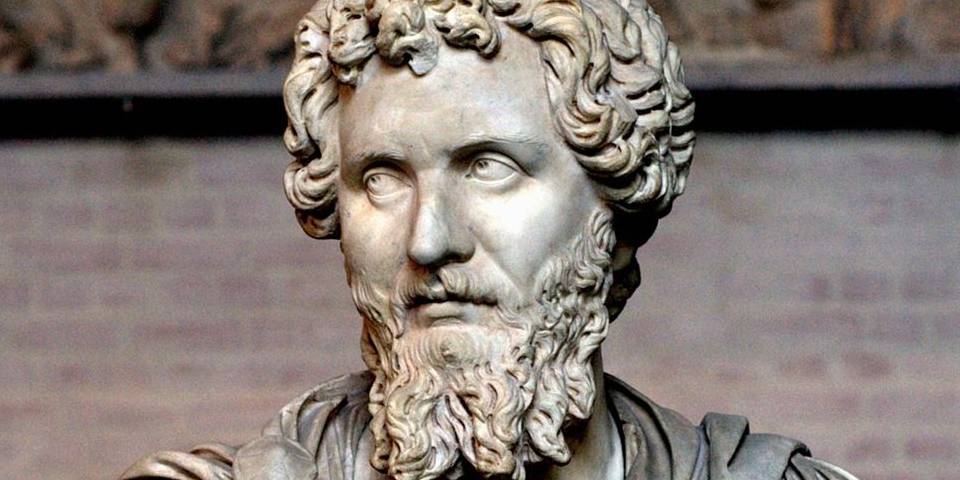
Severus won the civil war, eliminating his rivals and taking control of the empire. He strengthened the military and expanded the empire’s borders, conducting successful campaigns against the Parthian Empire. He also enhanced the military bureaucracy in the administration of the empire and implemented reforms in legal and financial matters.
Septimius Severus died on February 4, 211, while on campaign in Britain. His sons, Caracalla and Geta, ascended to the throne as co-emperors. He is remembered as a significant figure in the history of the Roman Empire, with his reign emphasizing the importance of military power and administrative reforms.
You may also like
- Archaeologists Discover 9,000-Year-Old Temple in Jordan Desert
- Sumerian Birth Certificate: One of History’s Oldest Records
- Archaeologists Uncover Unique Auditorium During Excavations in Sicily
- Astonishing 3,000-Year-Old Cave Paintings Unearthed in Brazil
- Ancient Assyrian Tablets: Science Uncovers 7th Century Writing Techniques
- The Mysterious Goddess of Levent Valley: 2800-Year-Old Hittite Goddess Figurine
- Discovery in Romania Reshapes History of Ancient Dacian Presence
- New Study: Climate Change May Have Played a Role in the Fall of the Roman Empire
- The Dazzling Treasure of Kibyra: The Medusa Mosaic Reopens to Visitors
- Stunning 2,500-Year-Old Settlement Discovered in North Macedonia
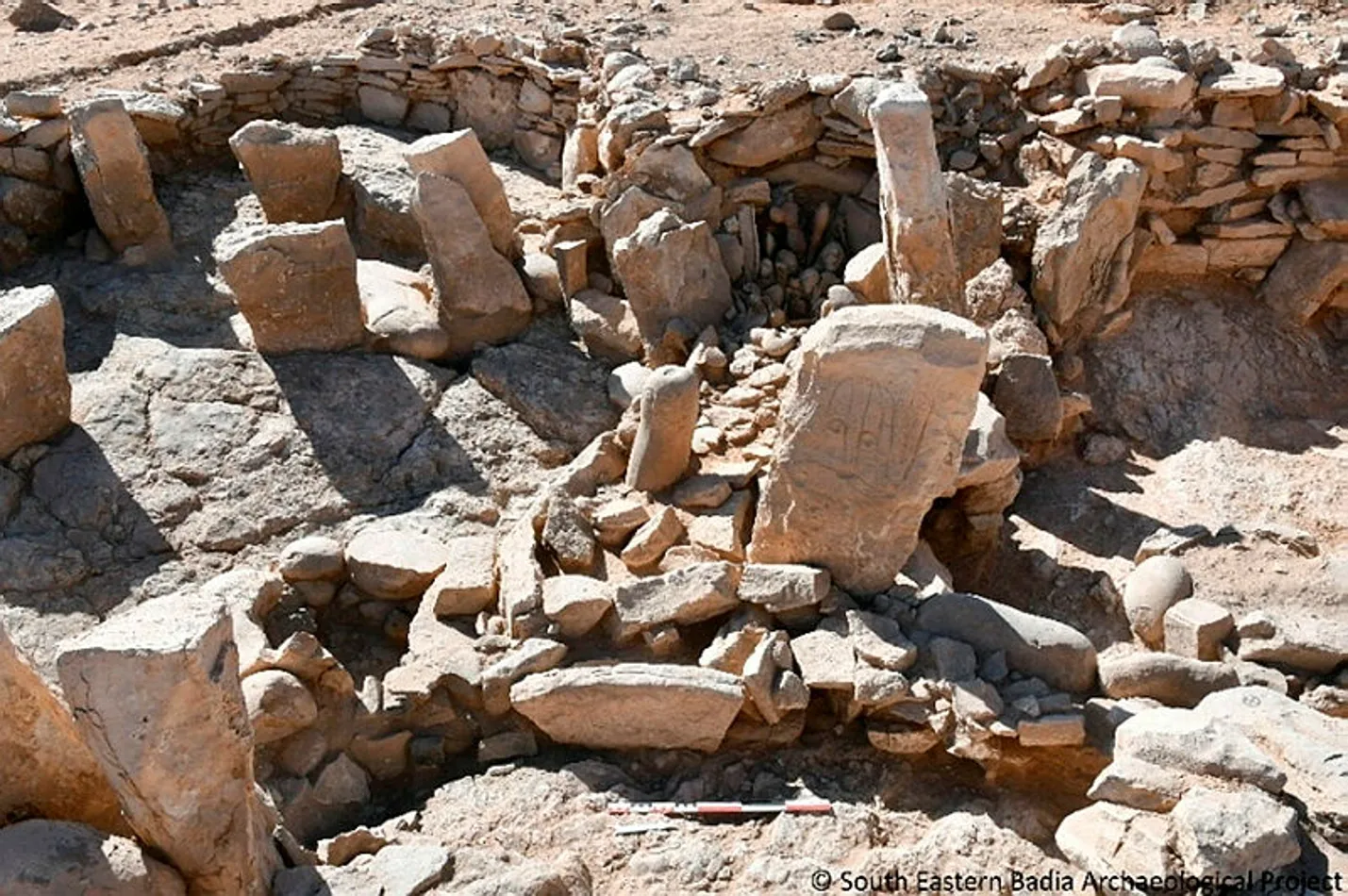
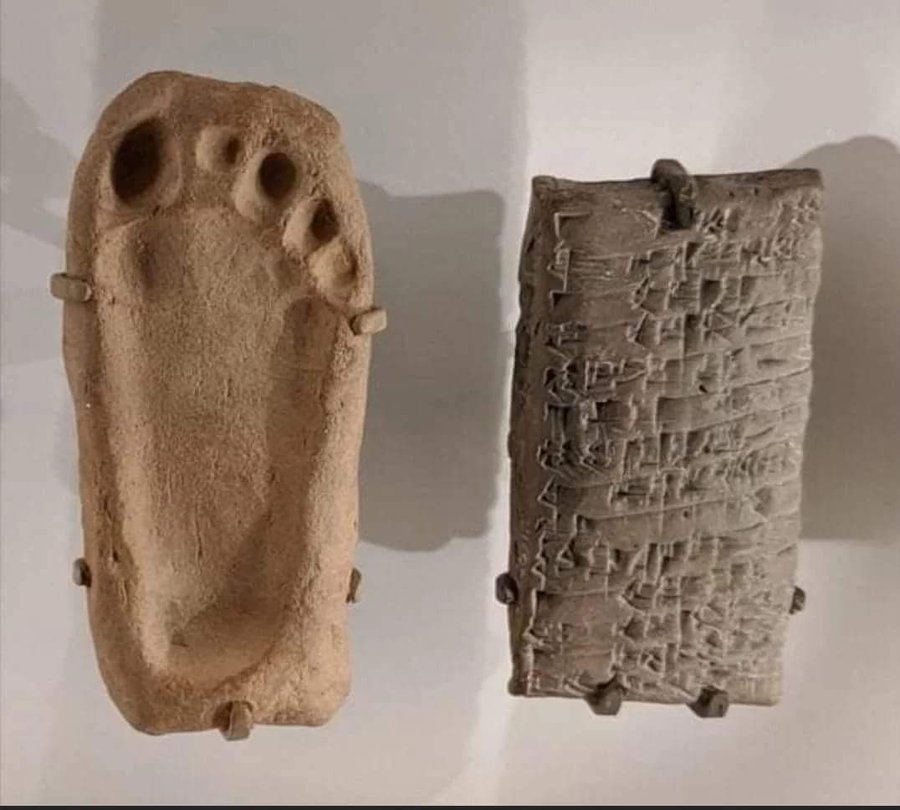
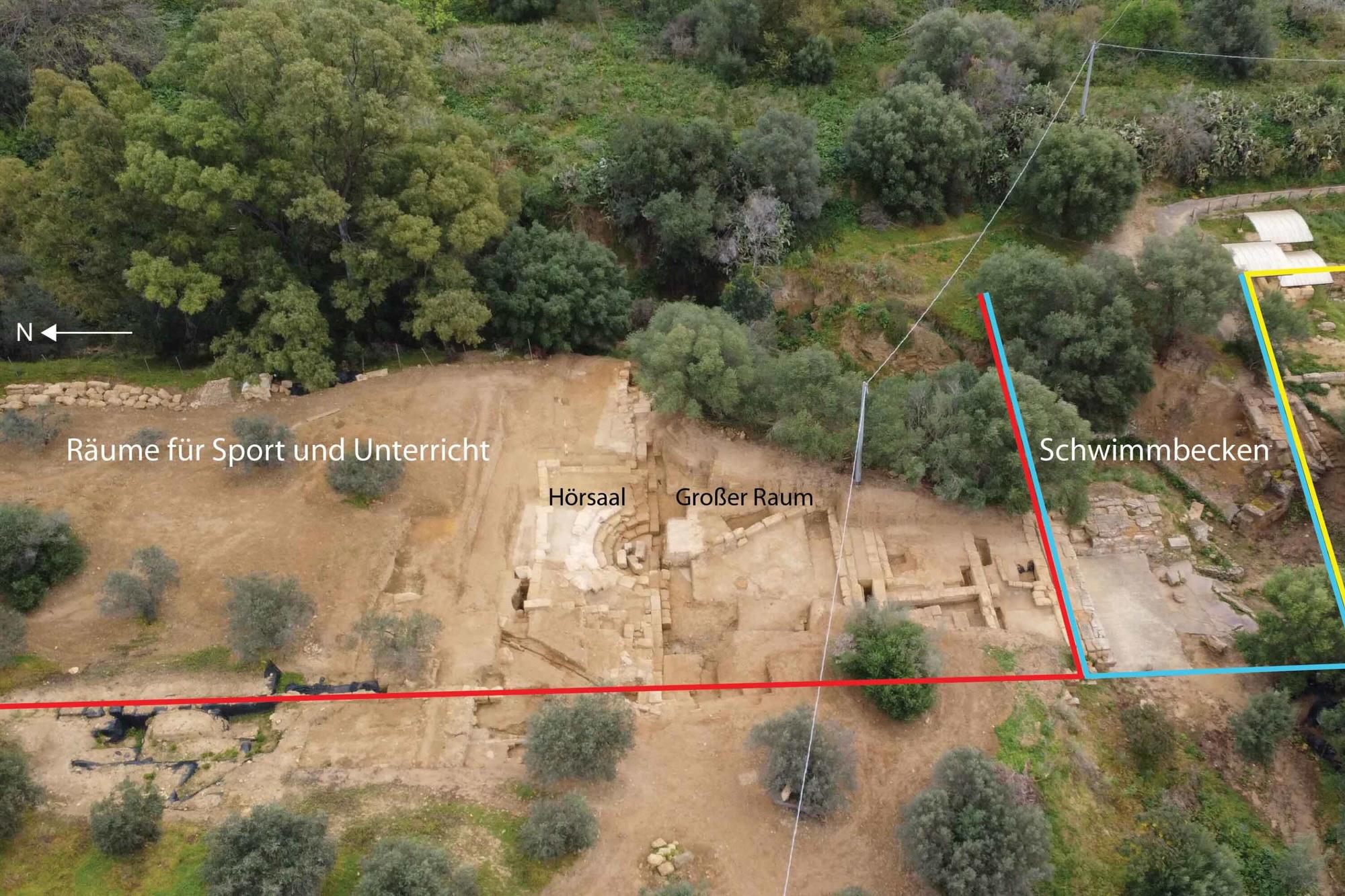

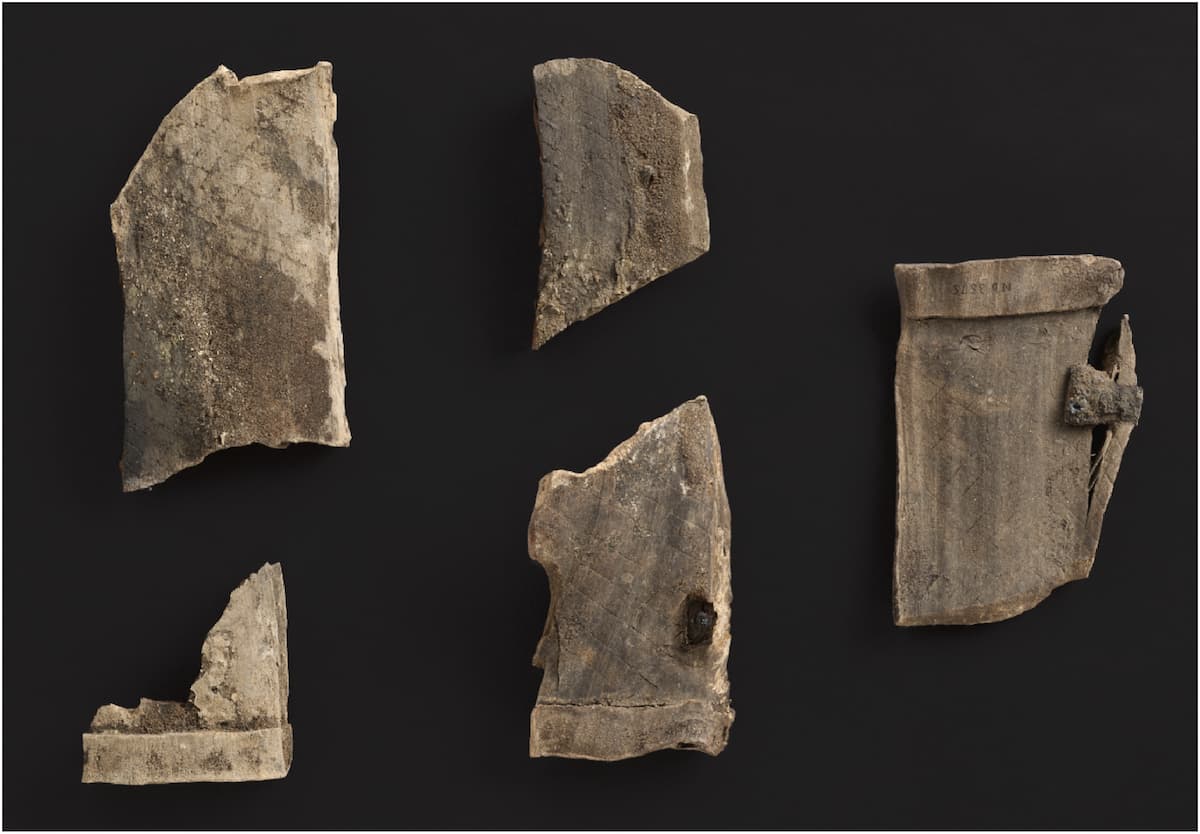
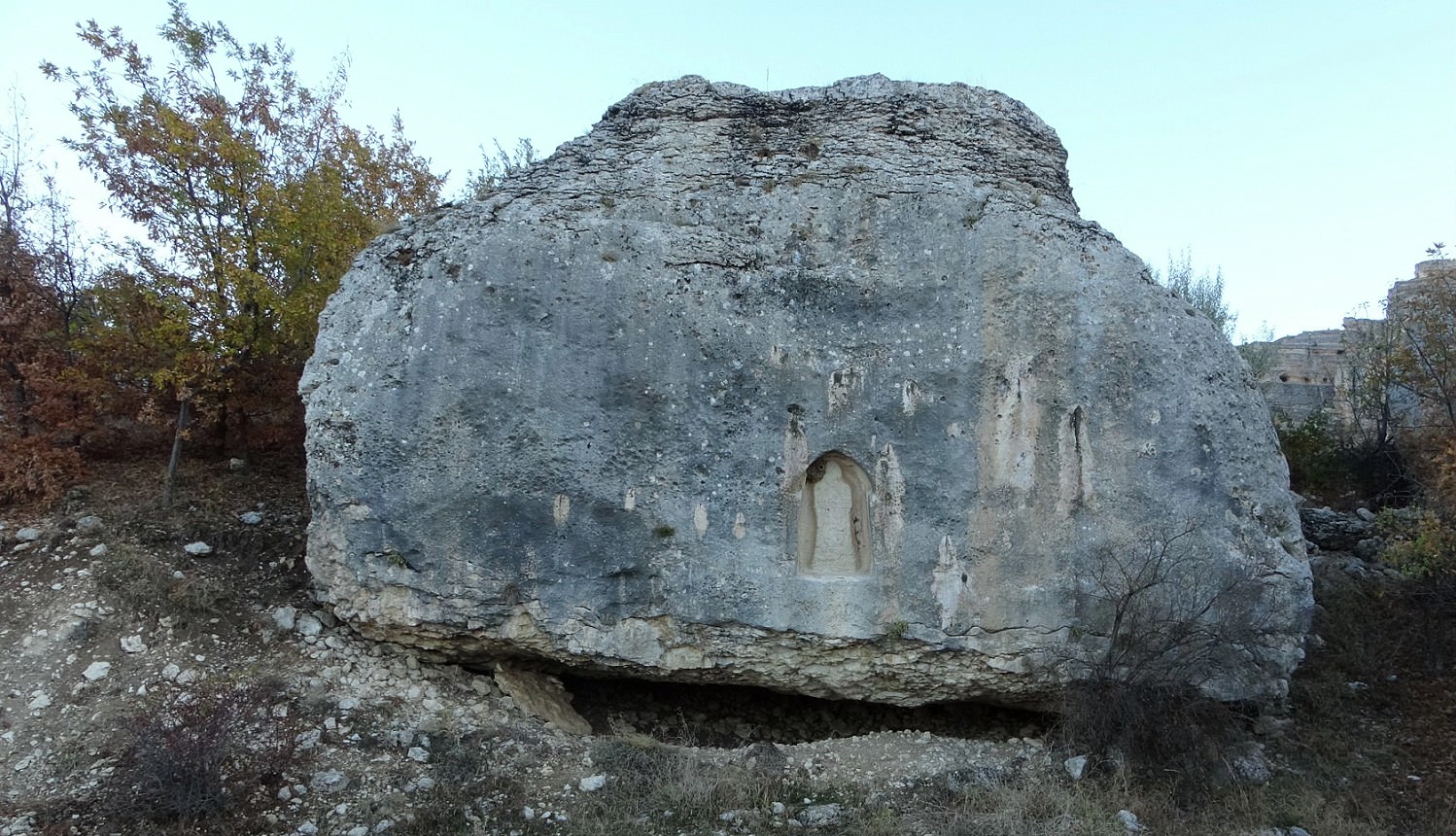
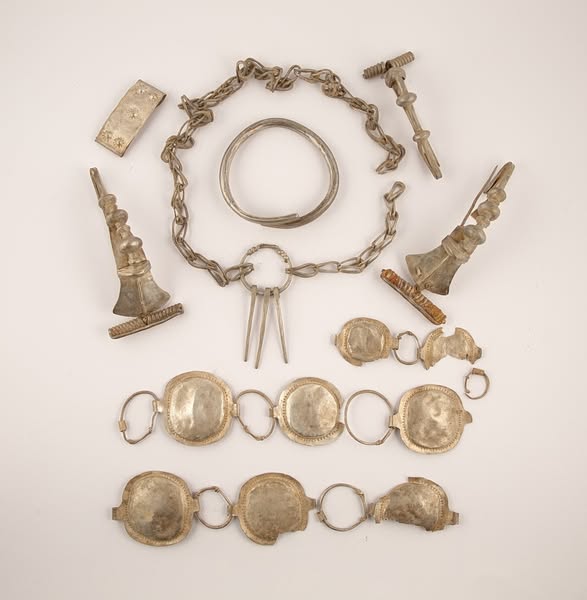

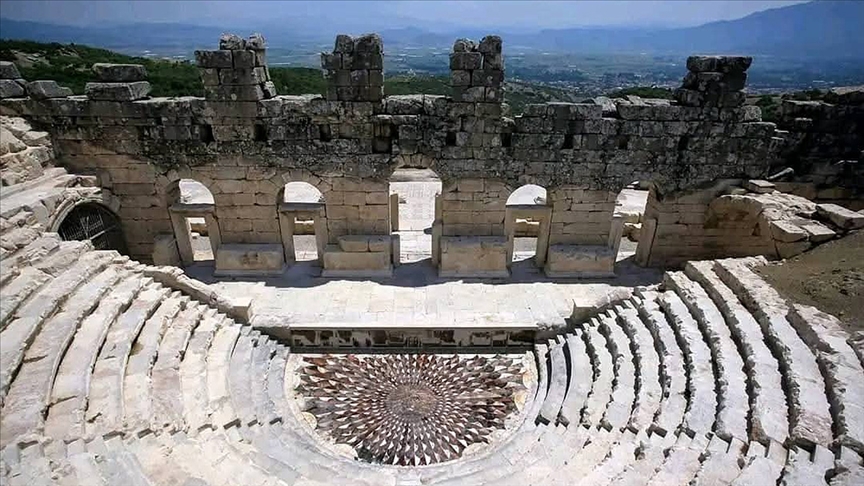
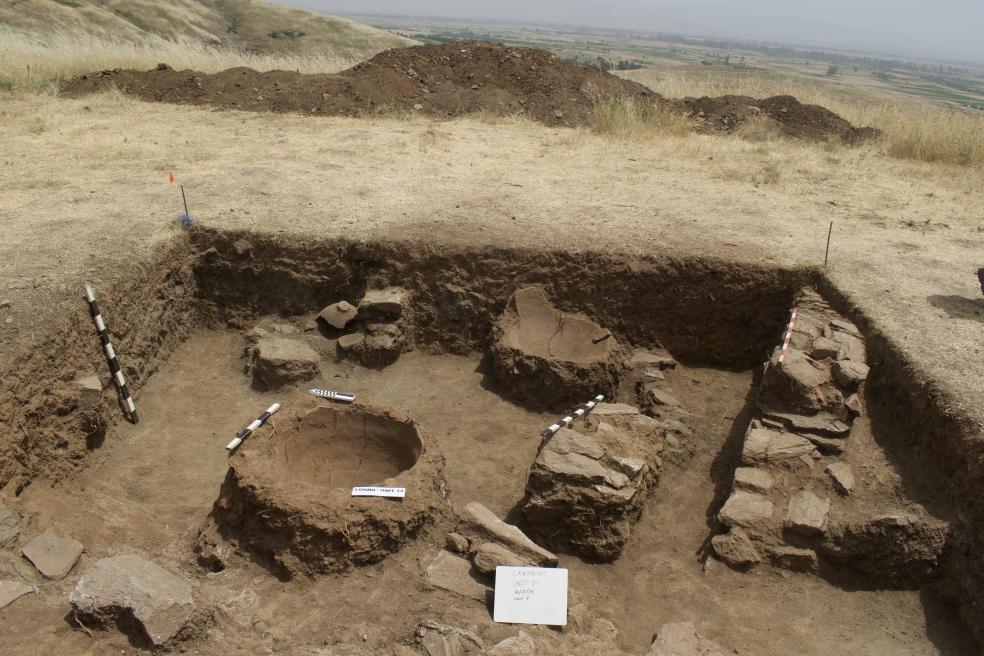
Leave a Reply